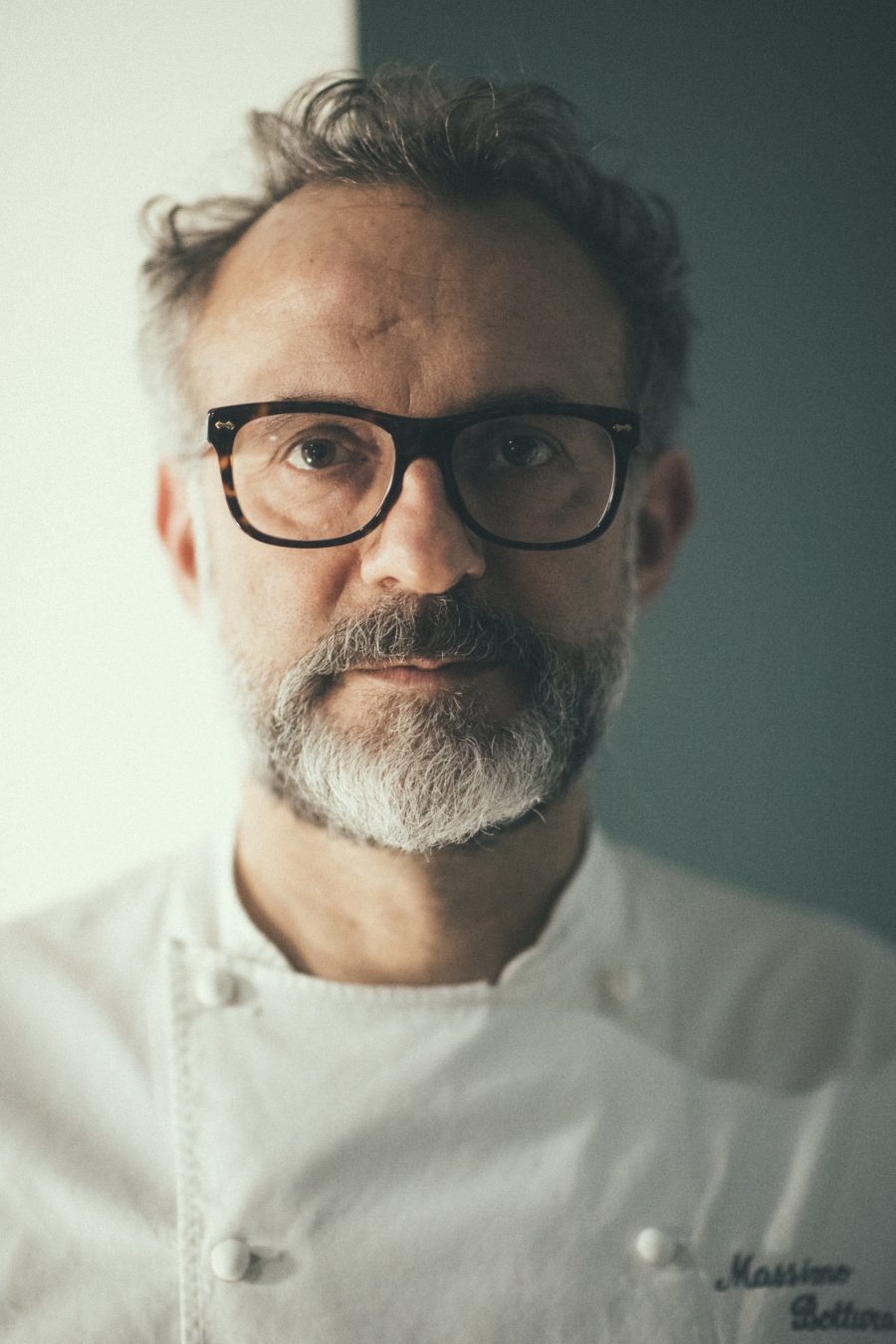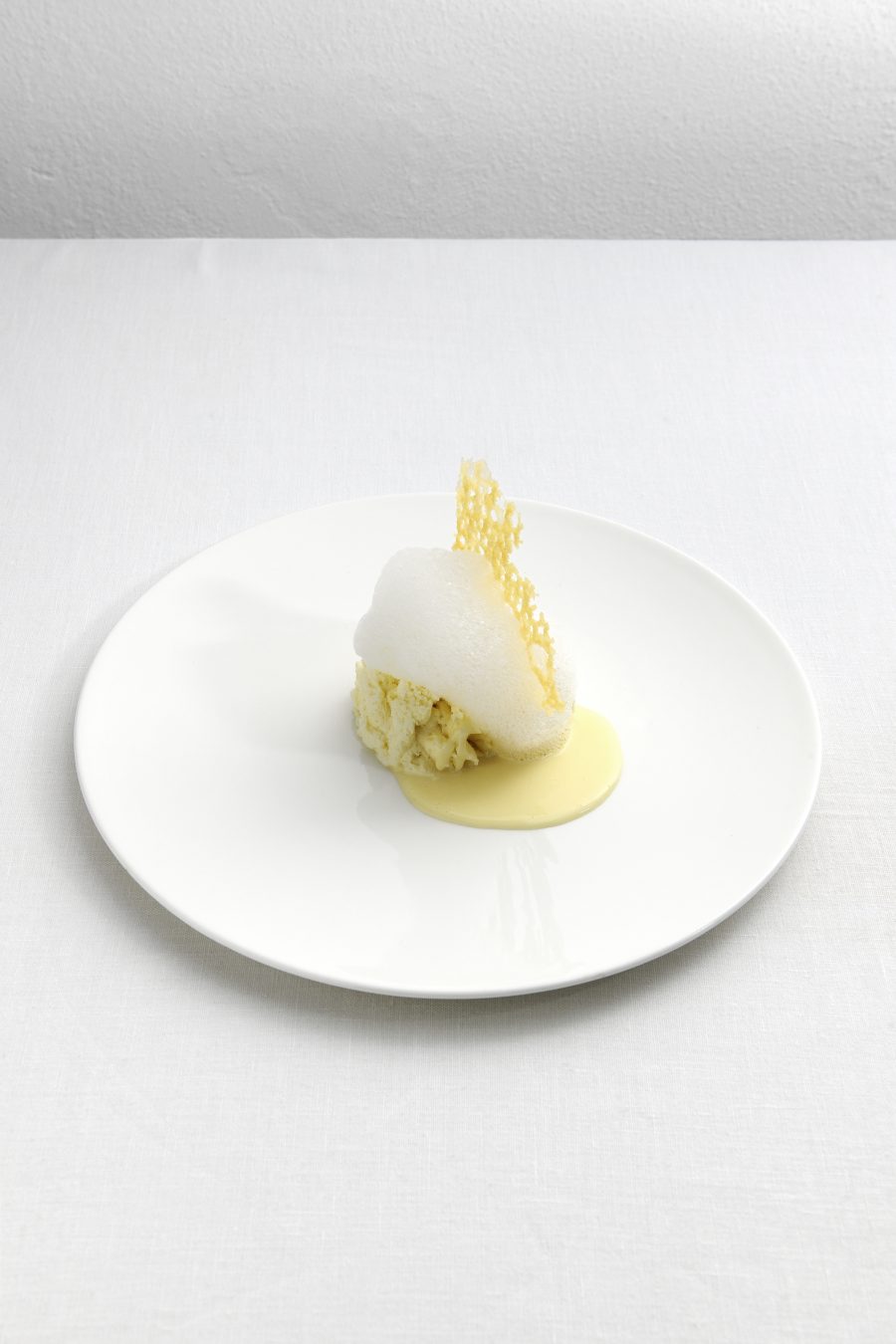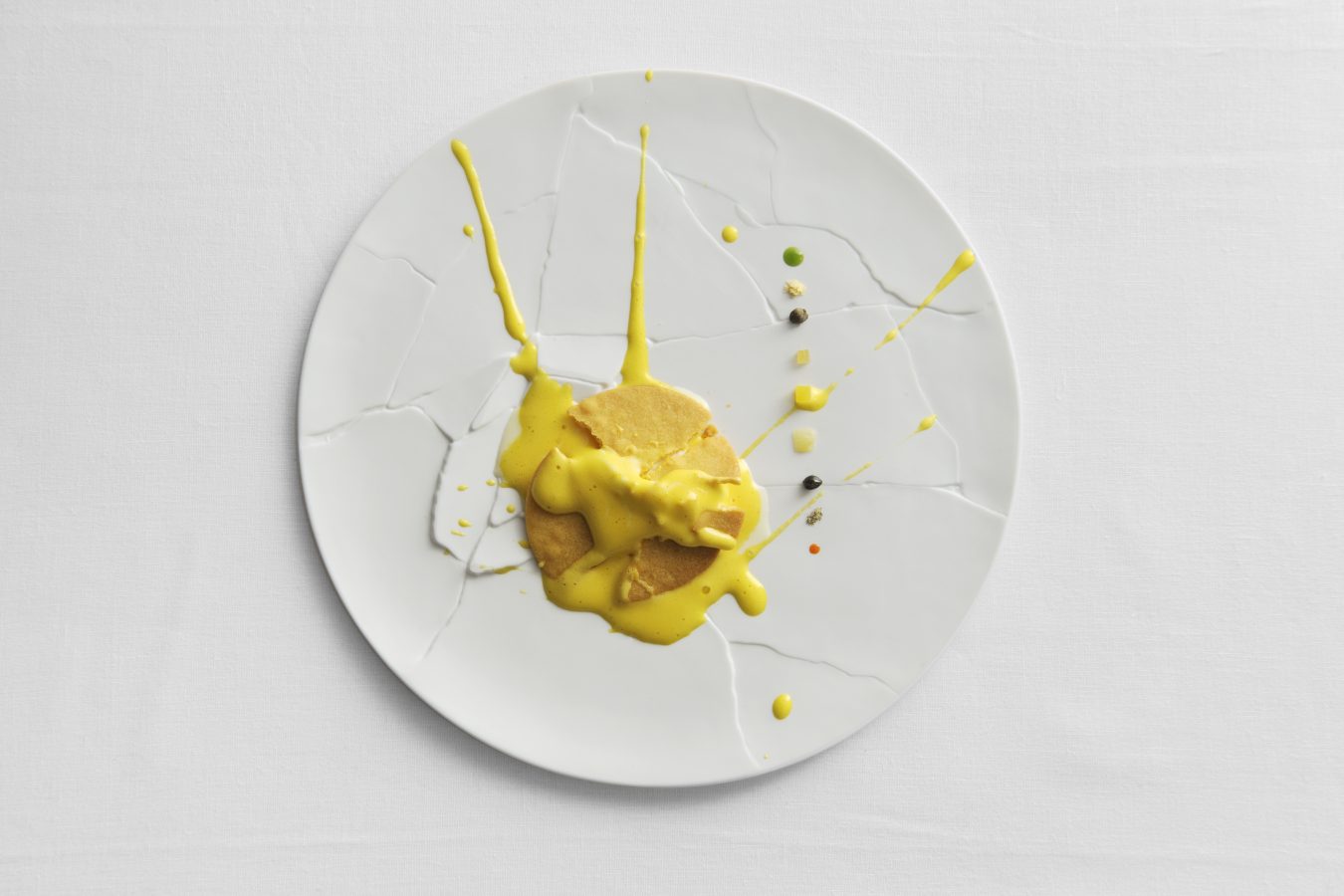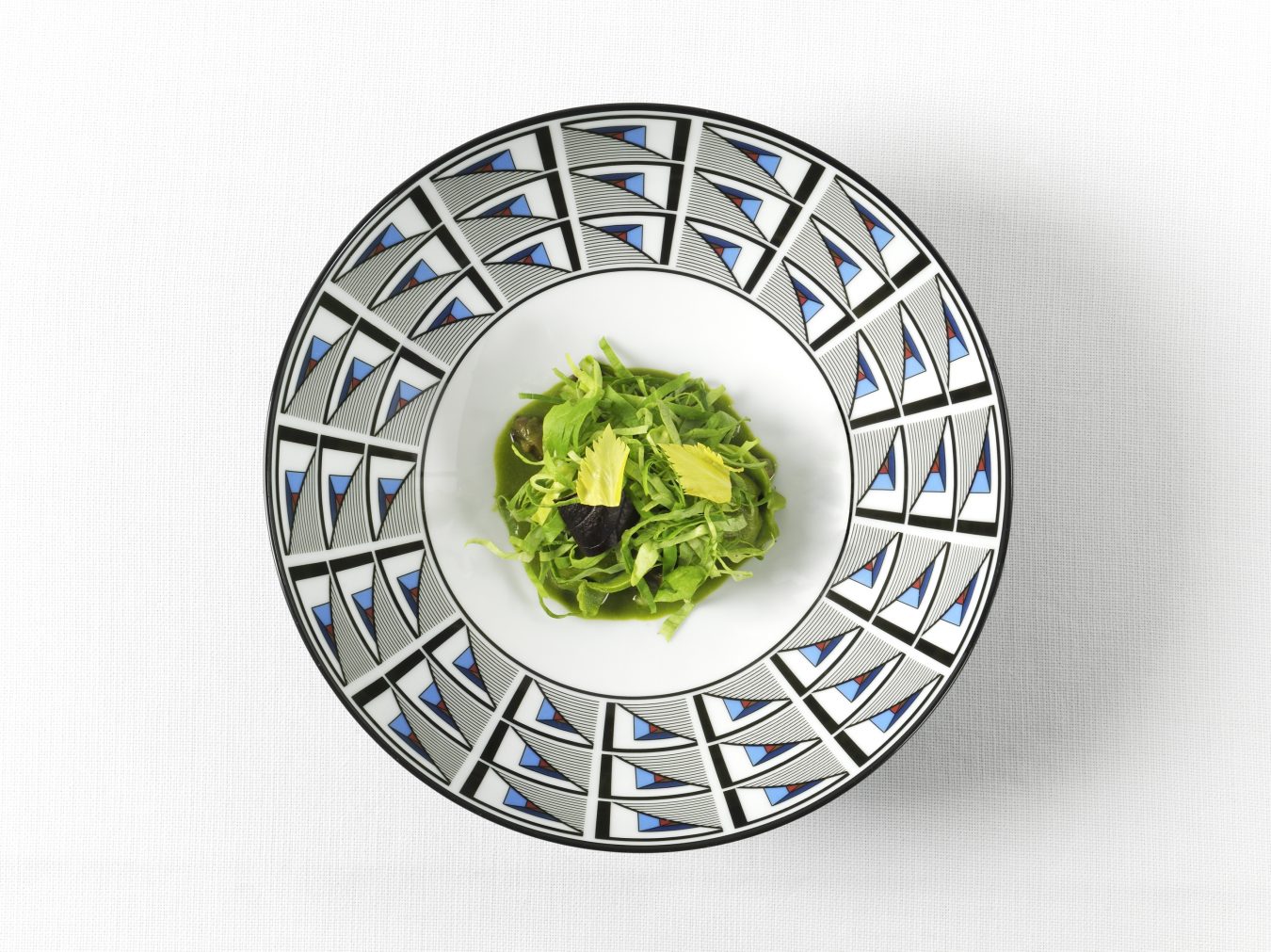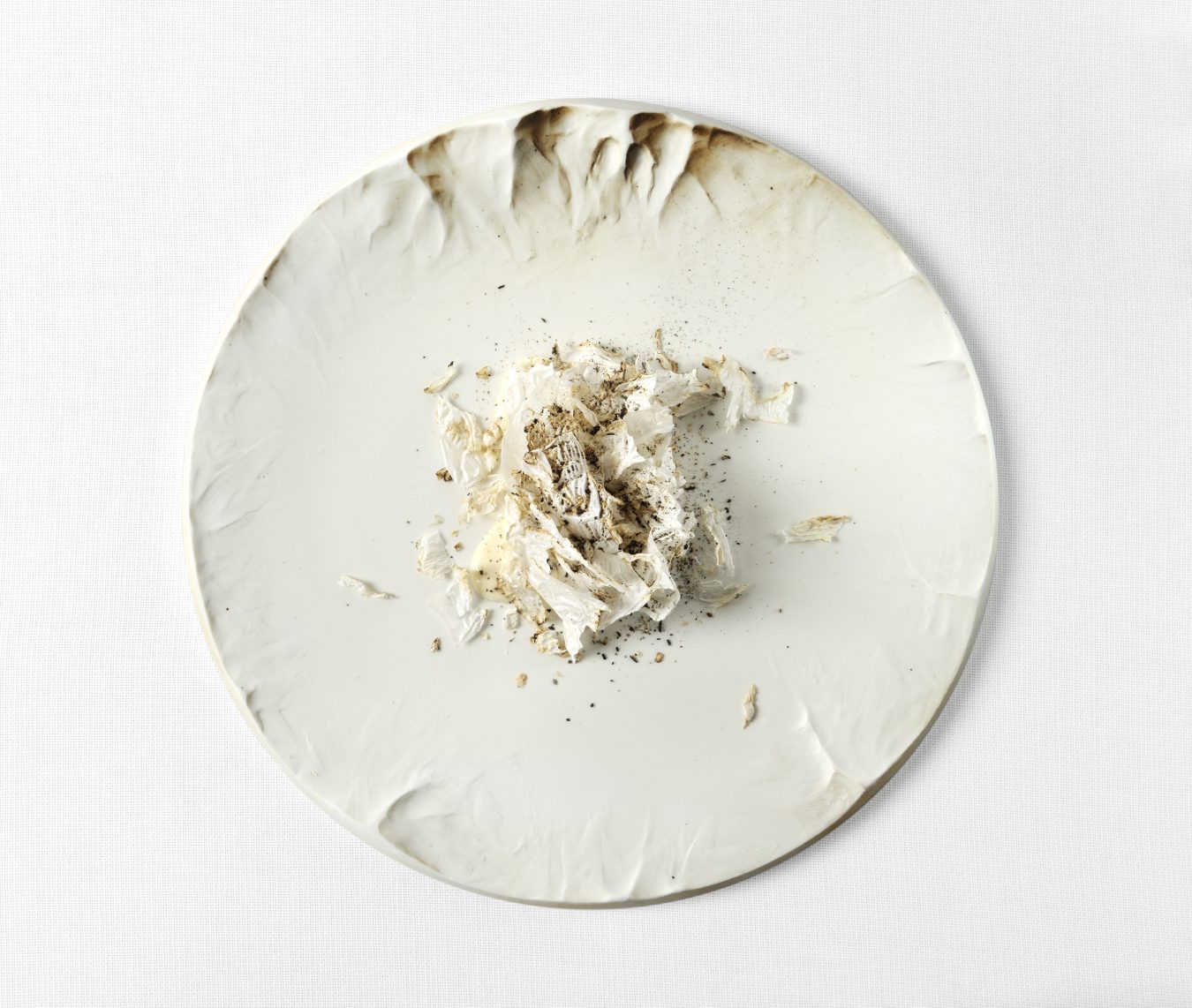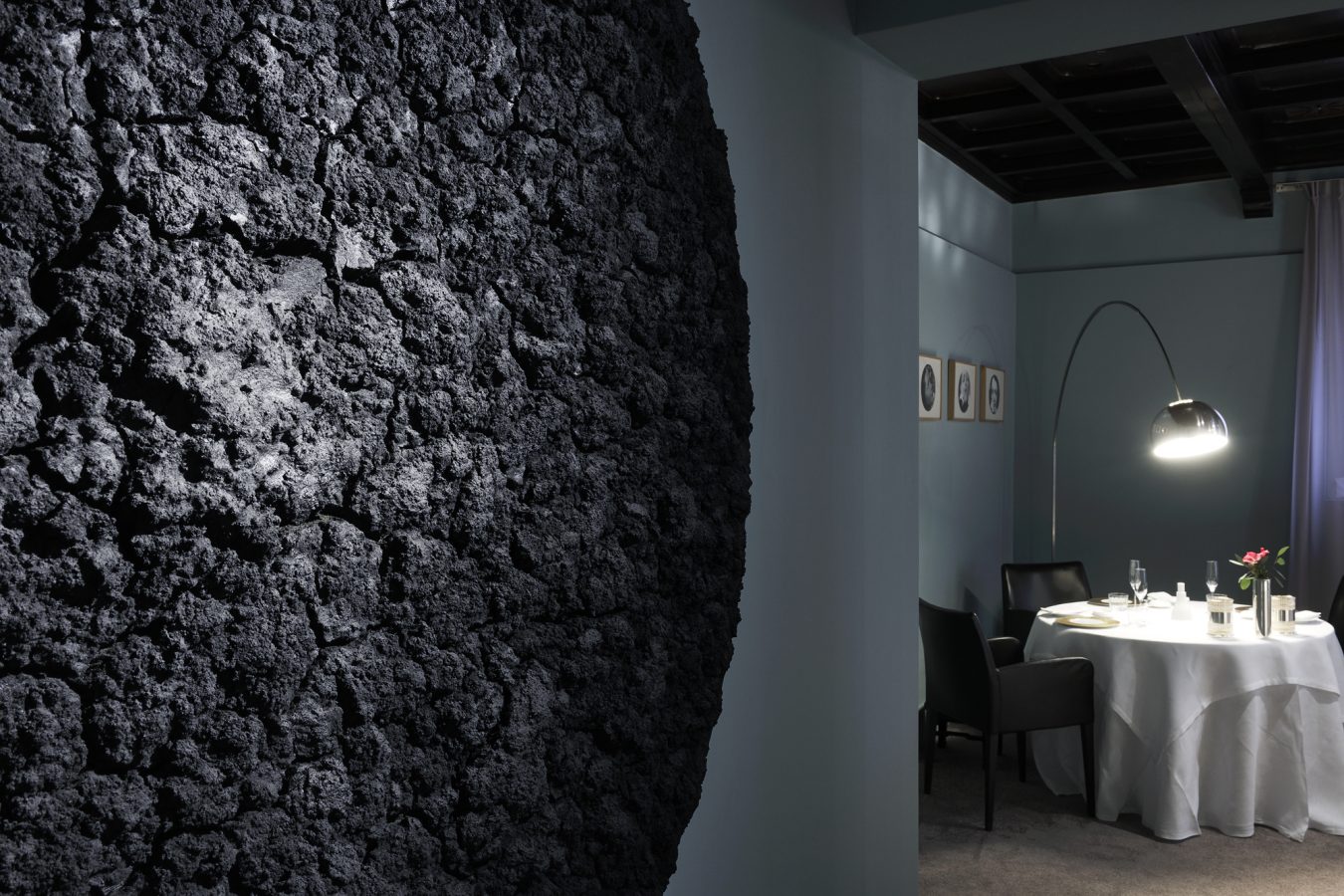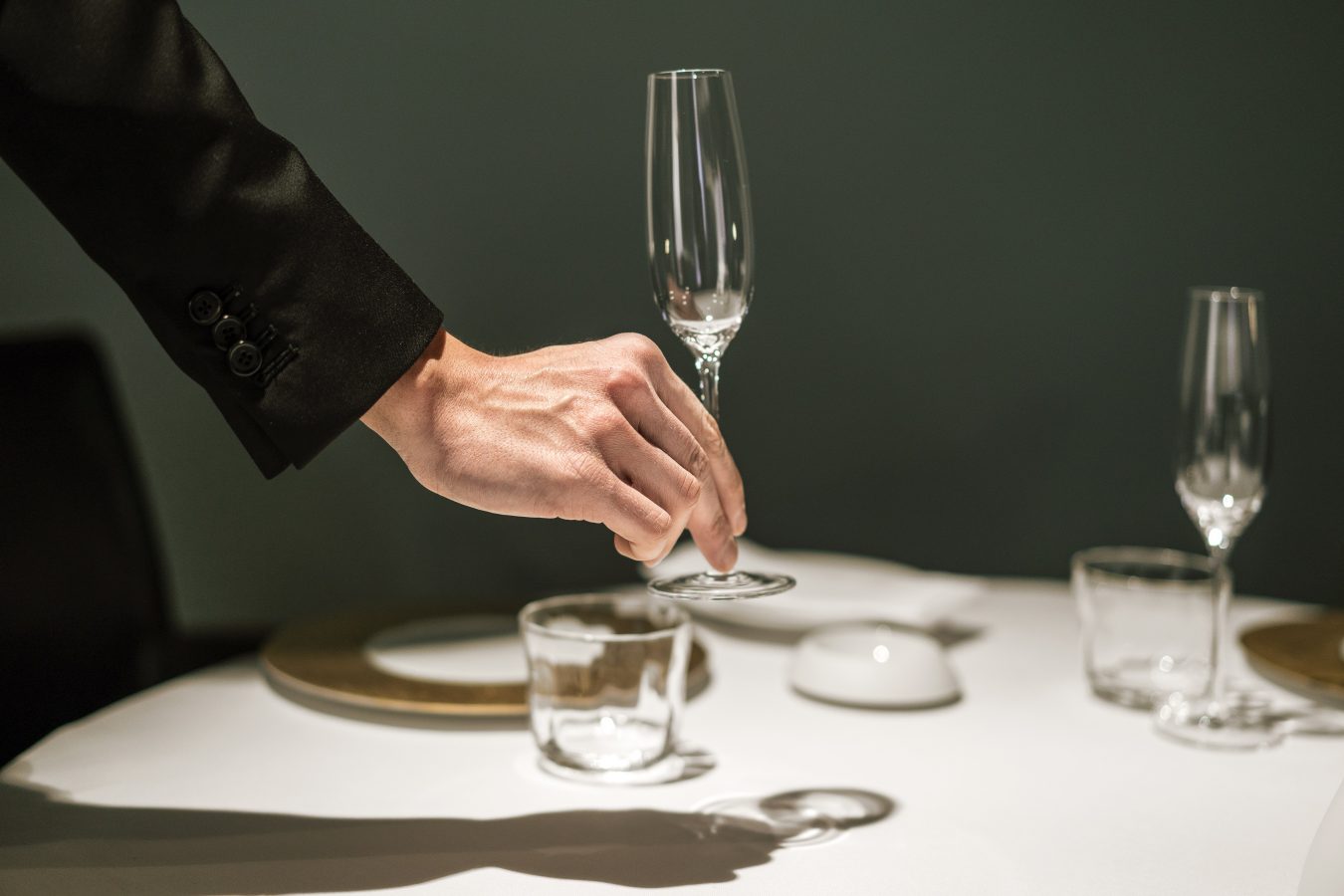In 1993, in a leap of faith, Lara Gilmore left New York City for Modena, Italy to be with her future husband: a chef by the name of Massimo Bottura. Unaware of what life would be like in a small Italian town, she pursued the only thing she knew: helping her husband make his restaurant, Osteria Francescana, the best in the world.
After years of absorbing the Italian lifestyle and putting in a lot of hard work, her fierce confidence, contagious smile, and restless energy bore fruit: Osteria Francescana has been awarded three Michelin stars every year since 2012, and was proclaimed the top restaurant in the world by The World’s 50 Best Restaurants competition in both 2016 and 2018.
“When I relocated to Italy I was young, and it was not difficult for me to adjust to Modena. People were very friendly. I am glad I didn’t move from New York to Milano, for example, otherwise I would have been constantly comparing the two cities. Instead, I started a new life in a provincial town where I had to learn everything: how to socialize, how to be nice with people, how to say hello and goodbye. I learned many life lessons that I will carry with me forever,” Gilmore says during a dinner party at Angler, a new seafood restaurant in San Francisco (she is in town for #50BestTalks, a conference that also brings in heavyweight chefs Dominique Crenn, Gaggan Anand, and Enrique Olvera). “Now, in terms of who I am, I feel both American and Italian—but when I am in the kitchen, I feel more Italian!”
Though she is the wife of a chef considered to be the best on the planet, Gilmore has a humble way of approaching people, making them feel at ease, seen, and listened to. There are bright sparkles in her eyes when she talks about the weekly dinners with her beloved team at Osteria Francescana, her frenetic life in Modena, and her two children—but most of all, her unapologetic dedication to serve her and Bottura’s commitment and loyalty to the hospitality industry. “Food can change people,” she says, “and can change the way people live and think about themselves.”
With that in mind, in 2016 the couple launched Food for Soul, a non-profit organization with a mission to redefine the role of traditional soup kitchens. In order to fight waste, the project takes excess restaurant food and turns it into nourishing meals for people in need. “With Food for Soul, we are not saving the world or feeding the entire planet,” says Gilmore. “We are just doing what we know and what we can do to spread our message. I hope we are planting a seed that shows that it is possible to do good, and that everyone can do something if they put their mind to it.” To date, the organization has made 450,000 meals, saving over 45 tonnes of food that would have otherwise gone to waste.
Although she likes to spend time in the kitchen talking about recipes, ingredients, and menus, Gilmore’s heart beats even faster when she brings to the table her passion for the creative and restorative power of food. Two years ago, she and her husband launched Il Tortellante, a project that teaches young people with special needs how to make tortellini. “Tortellante comes from a personal experience,” says Gilmore. “My second child, Charlie, has autism, so beginning with a group of parents with kids having the same disability, we decided to turn what started out as an after-school activity into a proper business. We created a space where 25 wonderful young adults can be creative, learn how to make tortellini, and in the process take on responsibilities that can lead to having a job, an income, and an identity.” Il Tortellante is essentially a progressive interactive lab, in which a small number of retired experts teach a group of teenagers the well-established tradition of shaping tortellini with their hands. “I always think of tortellini as a container for ideas—one that is filled with the beauty that comes from the communal act of making, and garnished with the knowledge of how good it feels to share something with others,” says Gilmore. “And who knows: maybe some of these kids may one day be among the next pasta chefs keeping the tortellini tradition alive.”
This November, Il Tortellante is scheduled to open the doors of its first shop in the centre of Modena, where customers will be able to purchase homemade tortellini to take home. “People are really excited and we already have some orders,” Gilmore says. “However, it is still an experiment. We don’t know how much we are going to produce, or if we can make one kilo a day or 50. Our goal is to help these kids to become adults, give them some skills, and how to turn those skills into making a living. I have hopes it will turn out to be a great formula that we can expand and share.” Gilmore has a habit of making her leaps of faith pay off, and it is unlikely this one will be any different.
Taste more from Food and Drink.


